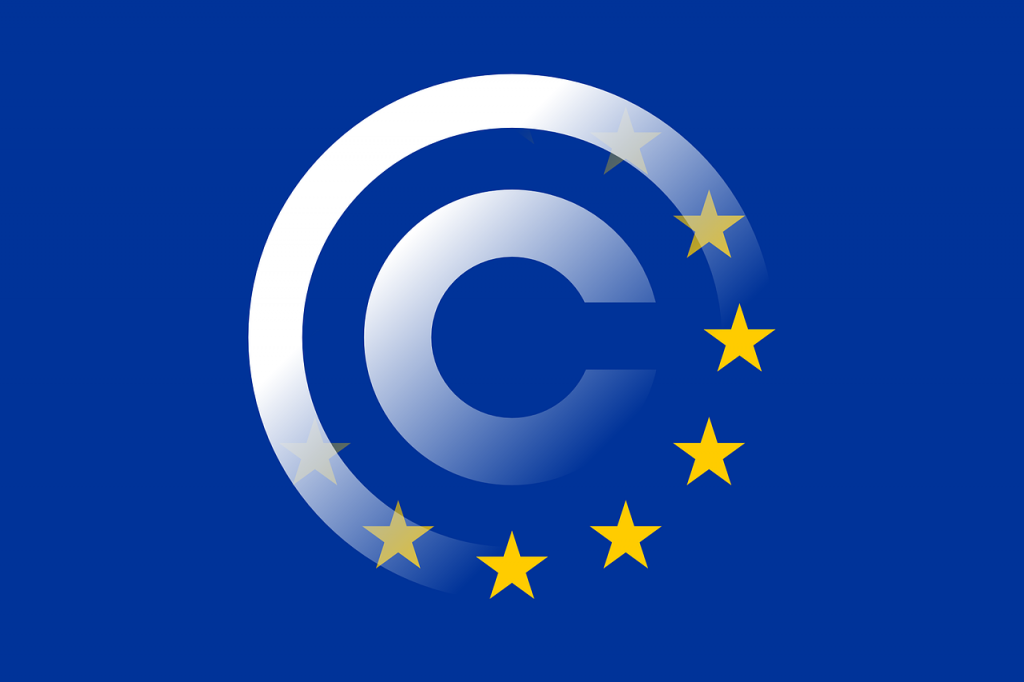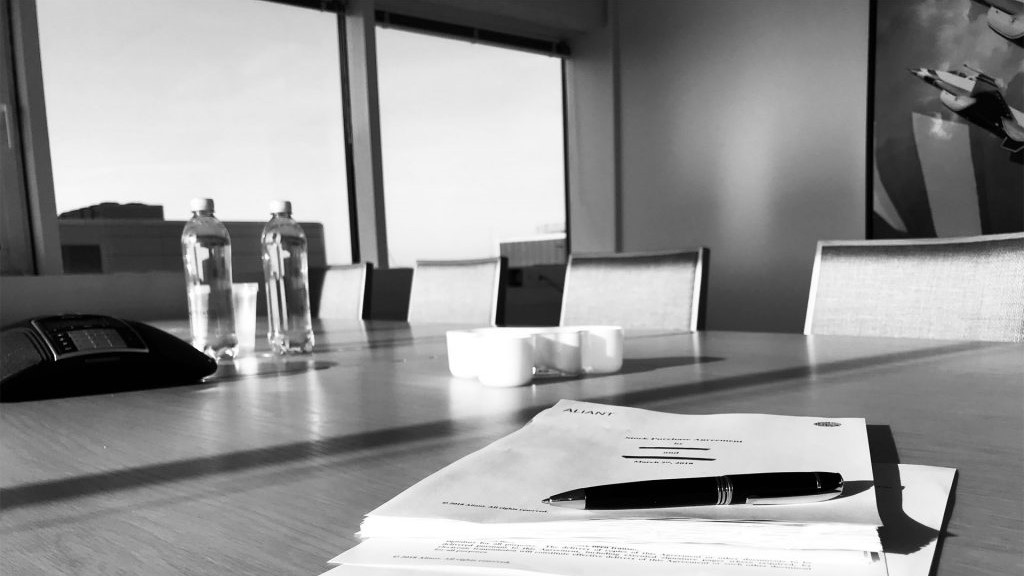
By Tuulia Heiskanen, Junior Associate, Aliant Finland.
The implementation process of the Digital Single Market (DSM) Directive has started in Finland with the Ministry of Education and Culture’s government proposal draft for revision of the Finnish Copyright Act and Act on Electric Communications. The draft proposes new legislation revisions in the Finnish Copyright Act related to copyright exceptions, rights of authors and performers, press publishers’ neighbouring rights and responsibility of user-generated content sharing platforms. The due date for opinions on the draft is 31th of October and the implementation is planned to be completed in 2022.
How Is the DSM Directive Affecting the Internet?
- User-Generated Content Sharing Platforms and Possible Monitoring Obligation
Article 17 is probably the most debated section of the DSM Directive. It makes user-generated content sharing platforms liable for potential copyright infringement committed by the service users, if the platform does not remove the infringing content. To comply with the responsibility many of the platforms, such as Youtube and Instagram, are already using filtering technology to detect the infringement. The greatest concern in this, is whether the technologies are only used to remove ingringing content or if non-infringing content is also removed from the platforms, which would be an unfair limitation of the freedom of speech and artistic creation. The EU’s objective was to stregthern the creator’s position against user-generated content sharing platforms. However, it can be argued that this creates the platforms more power in the form of cencorship. On 15th of July 2021, The Advocate General gave an opinion addressing some of the concerns and stated that the removal of non-infringing content from user-generated content platforms, such as Youtube, should not be allowed and the Directive does not create an official monitoring obligation for such platforms. However, he also stated that in many cases, to comply with the Directive, the platforms would have to use technologies to, in fact, monitor the user’s activity. To prevent non-infringing content from being removed, the EU member states must create a legitimate complaint mechanism and possibility to appeal to a court in a situation where the user’s content is removed from a platform as allegedly infringing.
In Finnish legislation, there is a similar liability already assigned to storage services. The service provider is liable for a copyright infringement in its service, unless it was not aware of the infringement and took necessary actions to remove it after notification of the infringement. However, the term user-generated content platform does not exist in Finnish law, so new legislation conserning the matter needs to be drafted.
2. Link Sharing and Press Publisher’s Neigbouring Right
The directive creates a completely new EU-wide neigbouring right for press publishers concerning commercial exploitation of works online. Under the directive, the right is not applicable to hyperlinking meaning users are still allowed to share links to press publications online. Singular words or short excerpts do not evoke this right either. However, many academics have critised the vague wording of this minimum criteria.
3. What Will Happen to Memes?
In the draft, there is an exception for caricature, parody and pastiche, this includes parody such as memes distributed in social media. The Finnish Copyright Act does not include this yet. There was some worry concerning the DSM Directive during its drafting that it would lead to a meme ban so this was addressed in the final version of the legislative text.
Strengthening Rights of Authors and Performers
The position of authors and performers will be strengthened. Concerning contracts, where the author or performer has transferred copyrights for the purpose of commercial exploitation, the transfer of rights can be evoked if the work is not commercially exploited as agreed. This can, for example, be applied on a record sales contract between an artist and a record label, if for someone reason the label does not begin the sales of the work as agreed before a certain period of time. There is also some regulation proposed for strengthening the position of authors concerning press publisher contracts specifically. According to it, the transfer of publishing rights from an author to a press publisher does not automatically include a right for digital publishing or publishing the work as an audio book unless specifically agreed in the contract.
Copyright Exceptions for Research, Education and Culture
- Data Mining for Scientific Research
The proposed data mining exception allows the making of copies in data mining for scientific research purposes. This can mean, for example, research done by universities and other research institutions. This type of exception is not present in Finnish copyright law yet but will have to drafted according to the Directive. The data mining technique is an efficient tool in analysing big data so this exception could promote the progress of scientific research by removing some of the legal obstacles related to it.
2. Use of Works for Educational Purposes
In the Directive, there is also a copyright exception for use of works for educational purposes. In Finland, there is already a collective licensing solution for this but some revision needs to be made to meet all of the directive standards.
3. Preserving Cultural Heritage
There is already legislation in Finland that supports the preservation cultural heritage but more is proposed. Under the Directive, the EU aspires to create an EU-wide system for bringing the works preserved in cultural heritage institutions available to the public after they are no longer commercially distributed.



